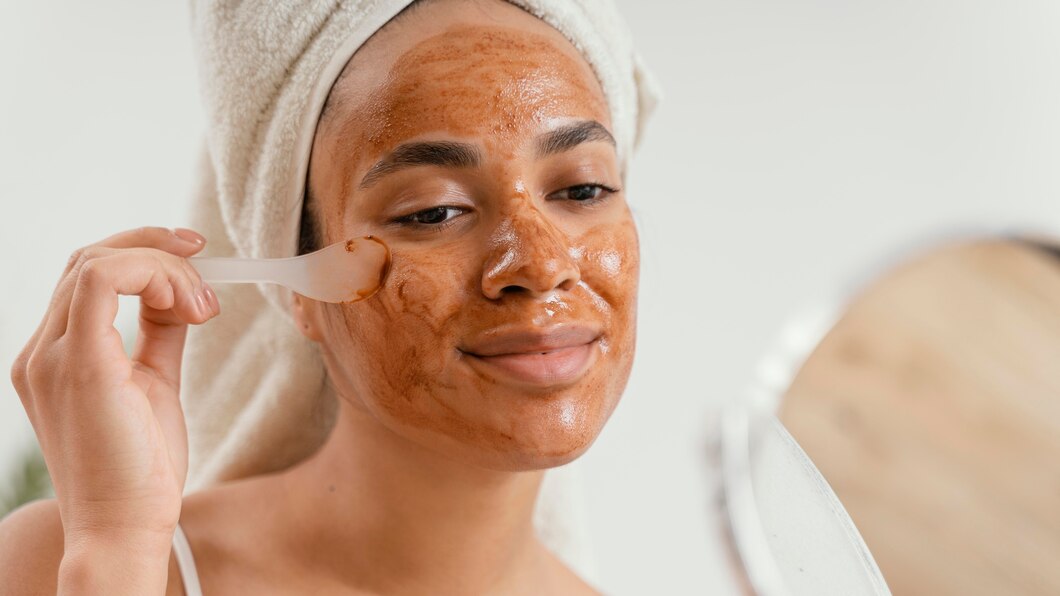Dealing with acne-prone skin can feel like a never-ending battle. However, with the right approach, you can transition from struggling with breakouts to enjoying a radiant, healthy complexion. Here are some essential skincare tips designed specifically for those with acne-prone skin.
1. Know Your Skin Type
Understanding your skin type is the first step toward effective acne management. Acne-prone skin often falls into two categories: oily or combination. Oily skin produces excess sebum, which can clog pores and lead to acne. Combination skin may have oily areas, especially in the T-zone (forehead, nose, and chin), with other areas being normal or dry. Identifying your skin type will help you choose the right products and treatments.
2. Cleanse Gently But Thoroughly
Cleansing is crucial, but it’s essential to avoid harsh scrubbing or over-cleansing, which can irritate the skin and exacerbate acne. Opt for a gentle, sulfate-free cleanser that removes dirt, oil, and makeup without stripping your skin of its natural moisture. Cleansing twice a day, in the morning and before bed, is typically sufficient for maintaining a clean and balanced complexion.
3. Incorporate Exfoliation Wisely
Exfoliation helps to remove dead skin cells that can clog pores, but it’s important to be gentle. For acne-prone skin, chemical exfoliants like salicylic acid or glycolic acid are preferable to physical exfoliants, which can be abrasive. Salicylic acid is particularly effective as it penetrates the pores, helping to dissolve impurities and reduce acne formation. Use exfoliants 2-3 times a week, depending on your skin’s tolerance.
4. Moisturize, Even If You’re Oily
Many people with acne-prone skin shy away from moisturizers, fearing they will make their skin oilier. However, skipping moisturizer can actually increase oil production as the skin tries to compensate for the lack of hydration. Choose a lightweight, non-comedogenic moisturizer that hydrates without clogging pores. Ingredients like hyaluronic acid or glycerin are excellent for maintaining moisture balance.
5. Spot Treatment: Targeting Trouble Areas
When you feel a breakout coming on, spot treatments can be highly effective. Look for treatments containing benzoyl peroxide, salicylic acid, or sulfur, which can reduce inflammation and kill acne-causing bacteria. Apply the spot treatment directly to the affected area after cleansing and before applying your moisturizer.
6. Sun Protection is a Must
Sunscreen is often overlooked in acne skincare routines, but it’s a crucial step. Some acne treatments can make your skin more sensitive to the sun, leading to irritation or hyperpigmentation. Opt for a broad-spectrum sunscreen with at least SPF 30 that is oil-free and non-comedogenic. Apply it every morning as the final step in your skincare routine.
7. Be Consistent with Your Routine
One of the most important aspects of managing acne-prone skin is consistency. Skincare products take time to show results, and switching products too often can irritate the skin and worsen breakouts. Stick to your routine for at least a few weeks to allow your skin to adjust and respond.
8. Maintain a Healthy Diet and Lifestyle
Your skin reflects your overall health, so a balanced diet and healthy lifestyle are vital. Foods rich in antioxidants, vitamins, and minerals, like fruits, vegetables, and whole grains, can support skin health. Additionally, managing stress through exercise, meditation, or hobbies can reduce the likelihood of stress-induced breakouts.
9. Seek Professional Advice When Needed
If over-the-counter treatments aren’t working, or if your acne is severe, consult a dermatologist. They can prescribe stronger medications, such as retinoids or oral antibiotics, and provide advice tailored to your skin’s specific needs.
10. Avoid Touching Your Face
As tempting as it may be, avoid picking at or squeezing pimples. This can lead to scarring and the spread of bacteria, making acne worse. Keep your hands clean and try to minimize touching your face throughout the day.
Transitioning from breakouts to brilliance requires a combination of the right products, consistent care, and a healthy lifestyle. By following these tips, you can manage your acne-prone skin effectively and enjoy a clearer, more radiant complexion. Remember, patience is key—give your skin time to adjust and heal, and the results will follow.








